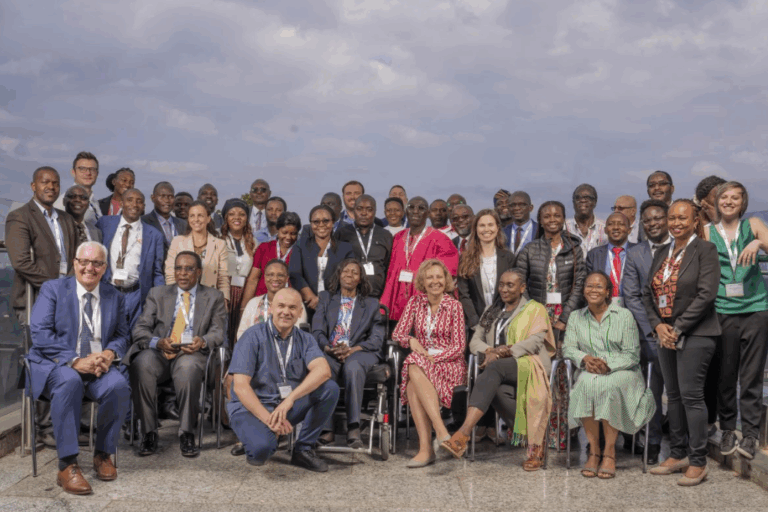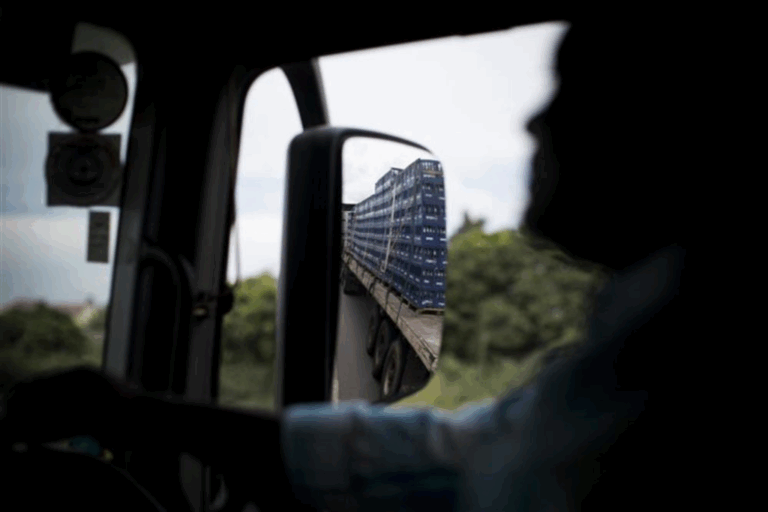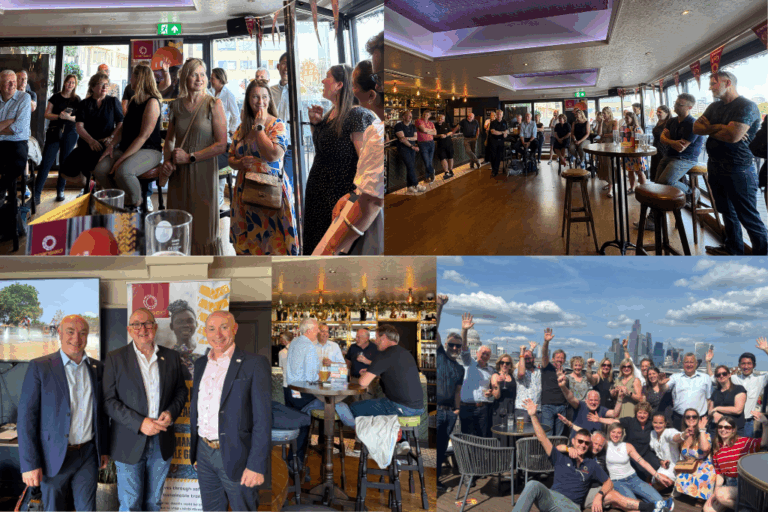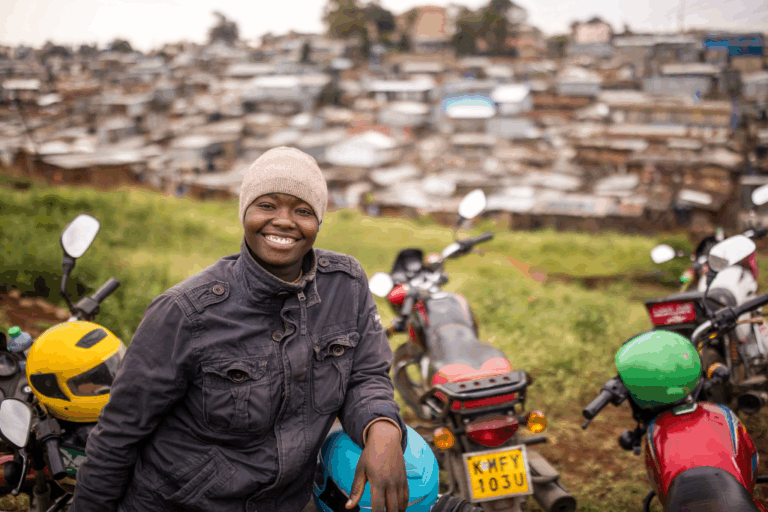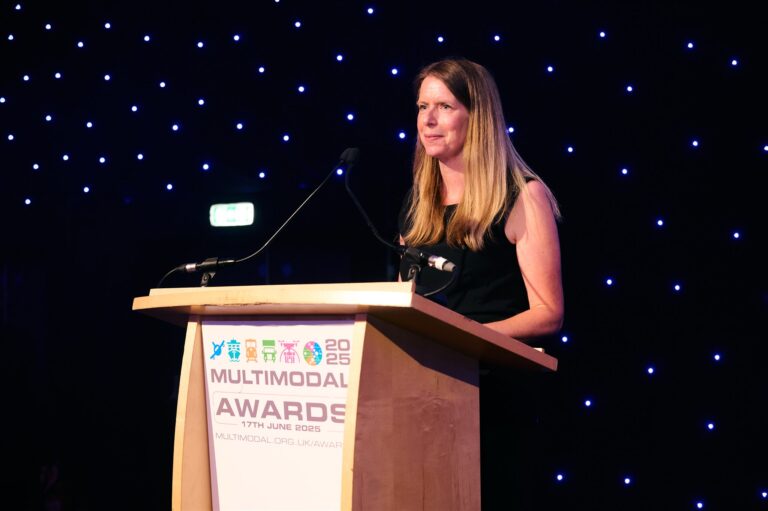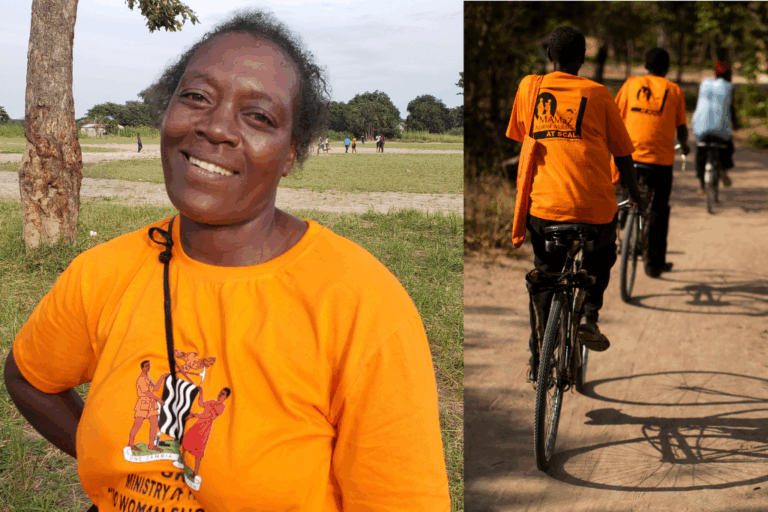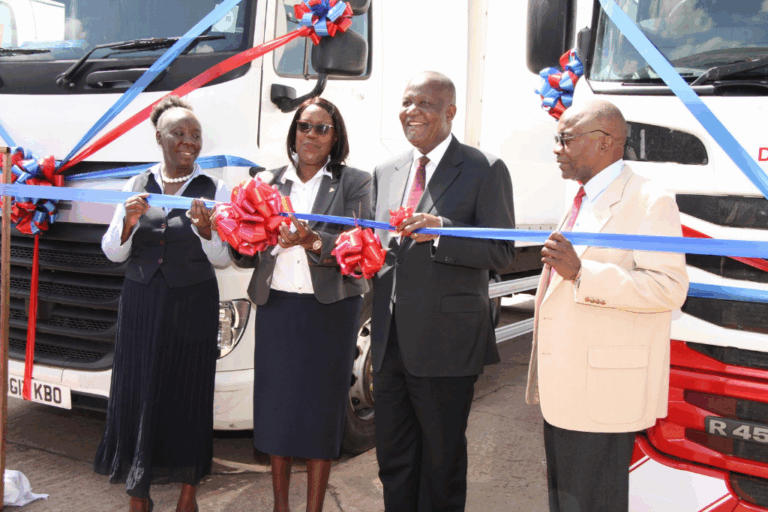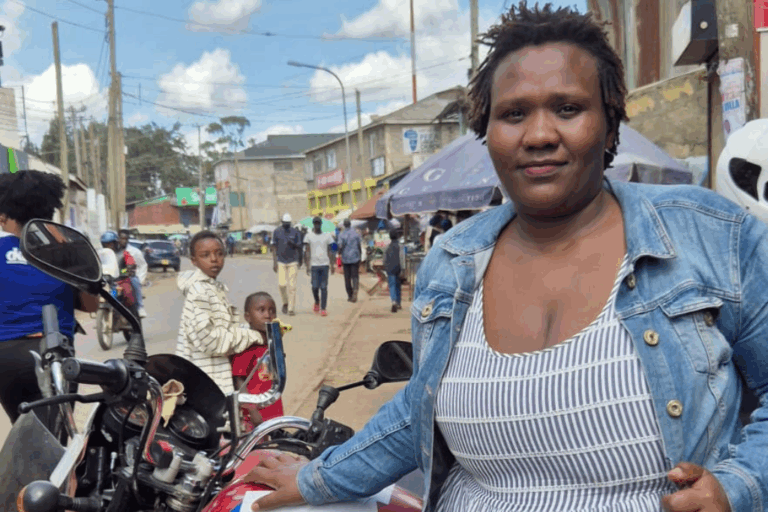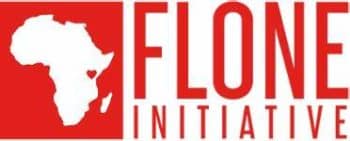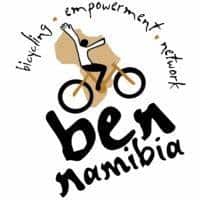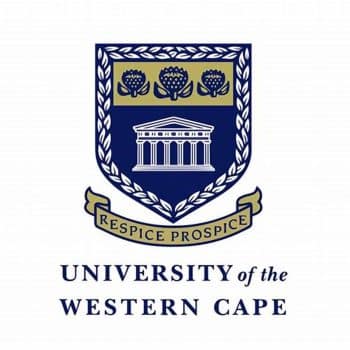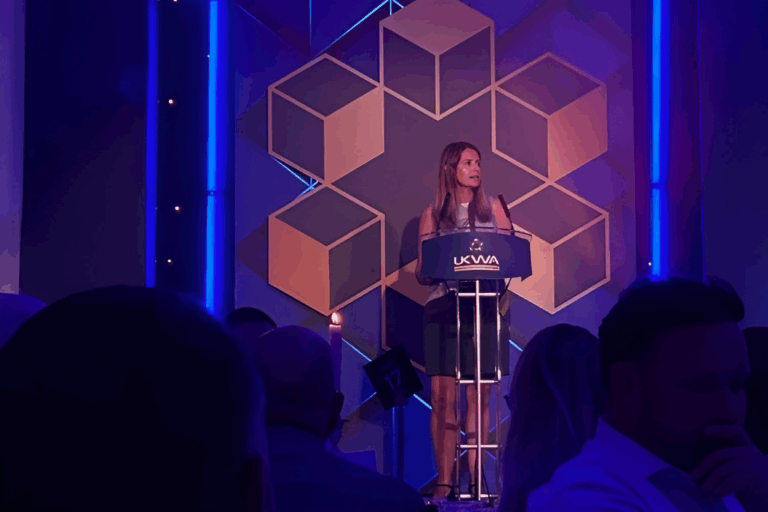
News
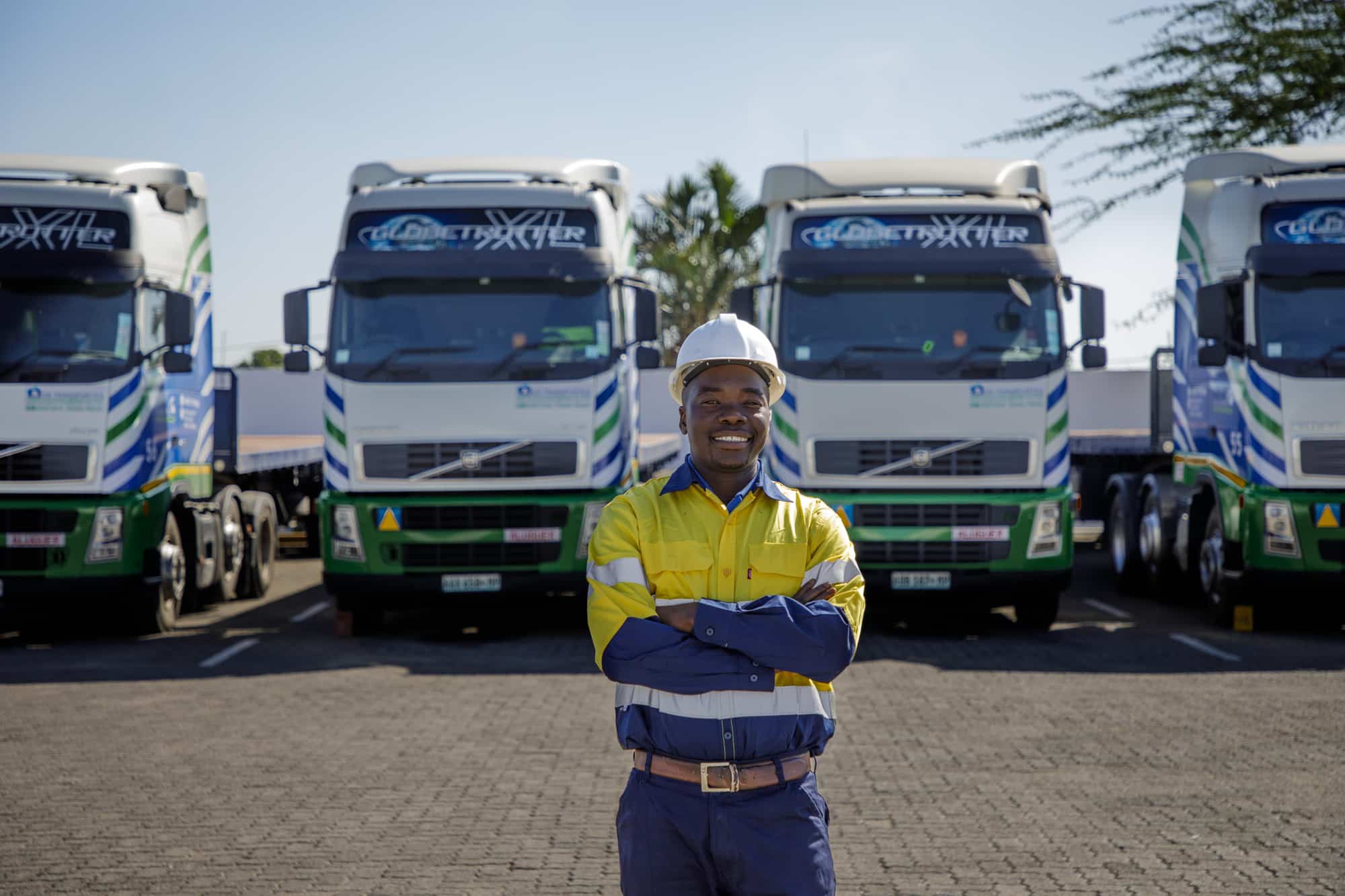
Interview with Transaid Trustee Ishmael Muchemenyi
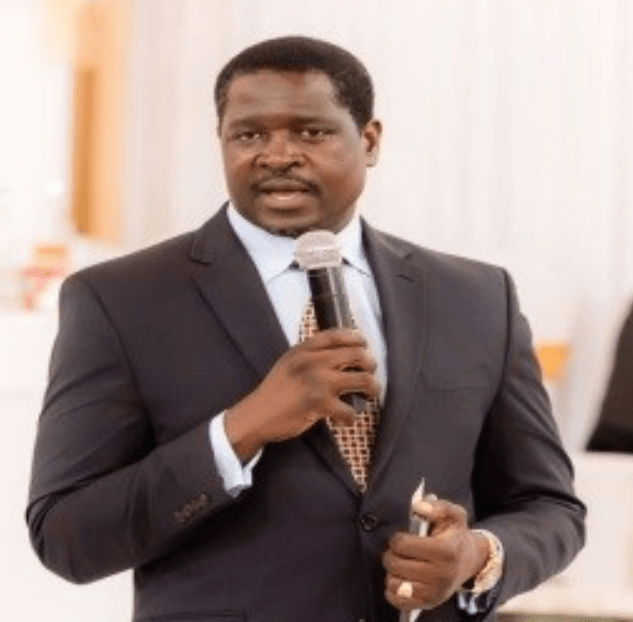
Ishmael Muchemenyi joined Transaid’s board of Trustees in 2018, building on his long-standing passion for process improvement, cost optimization and sustainability through local ownership. As Freight and Logistics Unit Lead at Partnership for Supply Chain Management (PFSCM), his experience in the medical supply chain field has given him a unique insight into Transaid’s programmes.
Have you always worked within the Logistics industry? What motivated you to move into public health and development supply chains?
I’ve been in the logistics industry for over 25 years, 16 of which were spent working in a high paced commercial environment. Then, 9 years ago, I made a break-through into what was then the largest public health supply chain operation, focusing on eliminating HIV AIDS, TB and malaria. Dr. Iain Barton, a medical doctor turned supply chain practitioner and strategist at Imperial Logistics, brought me into public health supply chain. His vision, drive and passion were simply contagious and convinced me that I could make a real difference by helping establish and augment secure and reliable supply chains in public health.
How has your experience in the corporate sector influenced your role at PFSCM as the Head of Freight and Logistics?
At PFSCM, I’ve dedicated my time and efforts to instilling a greater sense of commercial focus and discipline – which I gained whilst working for DHL –and then Imperial Health Sciences in the delivery of life-saving commodities around the world. PFSCM are responsible for the delivery of medical supplies to those who need them the most which, like in the corporate sector, is non-negotiable! At a time where external aid is decreasing and public health bodies are being asked to do more with less, adding value has never been more important. And in public health supply chain, the stakes cannot be higher – we are making a real impact on people’s lives.
At PFSCM you have transformed operations in close collaboration with donors and recipient countries. Why is this collaboration so important?
My view is that for many years, development aid has been seen as perpetuating a cycle of dependence rather than transforming the lives of the target populations. I believe that supply chain practitioners need to be as efficient as possible by fostering an environment of co-operation, with clearly defined objectives to allow for continuous improvement. This requires direct, professional engagement with local stakeholders who have a bigger role to play in these economies beyond the donor programs. This sits at the heart of the sustainability mantra of it being “better to teach a man how to catch a fish than to feed him”.
Is this collaboration something you see in Transaid’s work as well?
Transaid’s driver training programs are extremely empowering and their community based ox-drawn and bicycle ambulance schemes are exemplary, refreshing and transformational. The biggest take away for me is a demonstration that where there’s a will there’s a way – these programmes are helping communities to harness their local resources in a manner that is helpful and impactful.
How did you first hear about Transaid?
I first heard about Transaid through the work that they were doing to help transport pregnant women to health facilities in Nigeria. Their focus on making a real impact in peoples’ lives was a clarion call and the focus on sustainability using locally available resources was even more attractive to me.
What does Transaid mean to you now?
A worthy cause and platform to impact peoples’ lives through harnessing their energy and resources, no matter how small or limited those resources are.
Finally, how would you like to make a difference as a Trustee?
If nothing else, I want to be part of the transformation and empowerment agenda that is so critical for sustainability beyond the donor programmes.
Recent Posts

